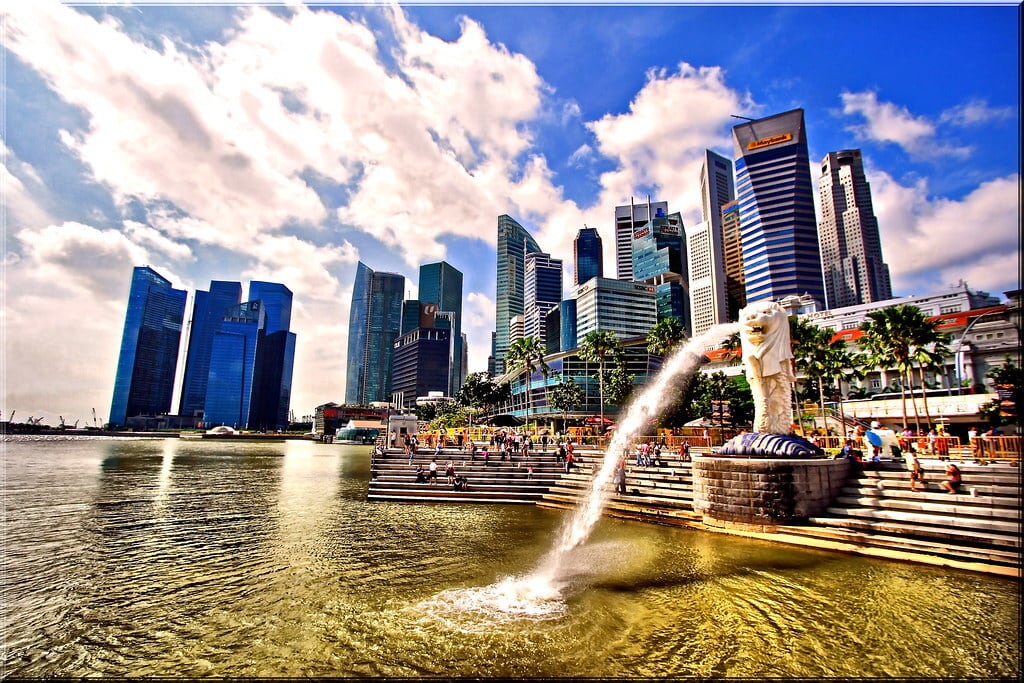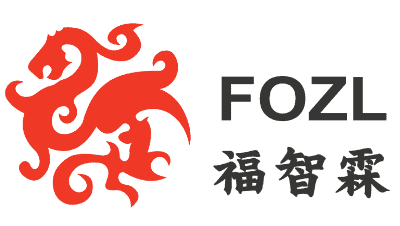
Auditing & Tax Service in Singapore – FOZL Assurance PAC : Internal, External and Special Audit
2020-10-27
Singapore is world’s freest economy
2021-03-08
Singapore Budget 2021: What should Business Owners know?

In February 2021, Singapore’s Deputy Prime Minister, Coordinating Minister for Economic policy and Minister of Finance, Mr Heng Swee Keat, delivered the government’s budget statement for the fiscal year 2021. The budget for the new fiscal year is entitled “Emerging Stronger Together”.
The Singapore government allocated $100 billion to fight the epidemic last year. The Singapore government has launched five budgets plans last year to combat the epidemic, with a total allocation of nearly $100 billion to help the nation’s people and businesses weather the storm and ensure the safety of all. Of this, $52 billion comes from the national reserve.
One of the biggest support measures for 2020 is the Jobs Support Scheme (JSS). Under this scheme, the Singapore government provides 75% wage support to all Singaporean employees up to a range of $4,600 per employee, with progressively lower wages for different tiers of businesses.
To help companies address cash flow constraints, the Singapore government-assisted SME Working Capital Loan provides businesses with a loan of up to $1 million (previously S$300,000). This loan can be repaid over five years, with interest rates capped at 1% to 5%. The Singapore government will share 90% of the risk on these loans.
At the same time, the Singapore government has enhanced existing programs to help companies adopt digital solutions to improve their productivity/efficiency. These include the Productivity Solutions Grant (PSG), the Market Readiness Assistance (MRA), and the SME Digitization Program.

For Budget 2021, Deputy Prime Minister, Heng Swee Keat noted that as Singapore reopens its economy, the government will shift the focus of its measures from mitigating the impact of the epidemic to restructuring the economy and continuing to provide support to the nation’s people, employees, and businesses. In the case of businesses, for example, the Singapore government has shifted from broad-based assistance to targeted support, focusing on helping those industries that have been hit the hardest. The focus of the measures also shifted from helping the nation to keep their jobs to creating jobs.
The Singapore Government to allocate $11 billion to tackle coronary disease in 2021. The Singapore government will launch the $11 billion Coronary Resilience Package (COVID-19 Resilience Package) to continue to help Singaporeans and businesses hit hard by the epidemic to survive. Of this, $4.8 billion will be used to protect people’s health, including promoting vaccination efforts and continuing to strengthen outbreak prevention and control measures.
Jobs Support Scheme (JSS) extended for three to six months. The Singapore government will invest $700 million to extend the Jobs Support Scheme (JSS) to provide continued assistance to the frustrated sectors. Among them, the most affected by the epidemic, aviation, aerospace and tourism, can be subsidised for six more months, while other areas such as retail, culture and arts can be subsidised for three more months.

1 billion to help hard-hit areas
The Singapore government will allocate $1 billion to support the aviation, land transport and arts, culture and sports sectors, which have been hard hit by the corona disease outbreak.
Among them, the most severely affected aviation industry will receive $870 million in assistance. For land transport, the Singapore government will inject $133 million into the COVID-19 Driver Relief Fund to support taxi and private hire car drivers.
As for the arts and sports sector, the Singapore government will inject another $45 million to extend the Arts & Culture Resilience Package and the Sports Resilience Package to promote capacity building and industry transformation.

Investing $24 billion to help employees and businesses take advantage of new growth opportunities
This fiscal year, the Singapore government will drive the next phase of transformation in three ways.
The first is to build a vibrant and innovative business community that maintains strong ties with Asia and the world.
The second is to leverage broad-based capital to drive business transformation and expansion.
The third is to create opportunities and redesign jobs for people to develop their capabilities, creativity and talents.
In creating a vibrant business community, Singapore will invest in three key platforms.
- Corporate Venturing Launchpad
- the Open Innovation Platform (OIP)
- the Global Innovation Alliance (GIA) network platform
New subsidies to encourage consumers and businesses to do good
To encourage more Singaporeans to reach out to those in need, the Singapore government has strengthened existing measures and introduced new ones. The Singapore government will allocate $20 million to launch the Change For Charity Grant to encourage more consumers and businesses that transact on commercial payment platforms to do good (consumers who donate through a company’s payment platform will be matched by the Singapore government). The Singapore government will match donations based on the amount of the donation. The Singapore government will also make an additional matching donation if the business also matches the amount of the consumer’s donation. (All donations will be used to fund important social service programs and services). In addition, the 250% tax rebate for donations to charitable organizations will be extended until the end of 2023.
All online purchases to be subject to GST from 2023
Currently, to facilitate the clearance of goods at the Singapore border, low-priced goods valued up to $400 are not subject to GST if imported by air or post. However, from January 1, 2023, goods imported by air or post from overseas will be subject to GST regardless of their price. The Inland Revenue Authority of Singapore (IRAS) will also continue to work with the industry to ensure that this tax reform is implemented smoothly.
The Singapore government last week unveiled the Singapore Green Growth Blueprint 2030, which outlines and sets clear targets for all aspects of urban greening, sustainable living and the green economy. As part of the blueprint, the Singapore government will next launch the GreenGov.sg program, which will focus on the public sector’s contribution to greening the country. Currently, a number of government departments have been setting targets for their respective sectors, such as reducing water and electricity consumption and obtaining green building labels for buildings.
Singapore’s Ministry of Trade and Industry said on the 15th that Singapore’s economy is expected to grow by 4-6% in 2021. Singapore will be one of the first economies to achieve economic recovery after the outbreak. As Singapore’s Deputy Prime Minister Heng Swee Keat said in the budget, Singapore has overcame one hurdle after another since independence, and he is confident that Singaporeans can work together to overcome this unprecedented crisis, the more courageous the battle, and build a better Singapore.

